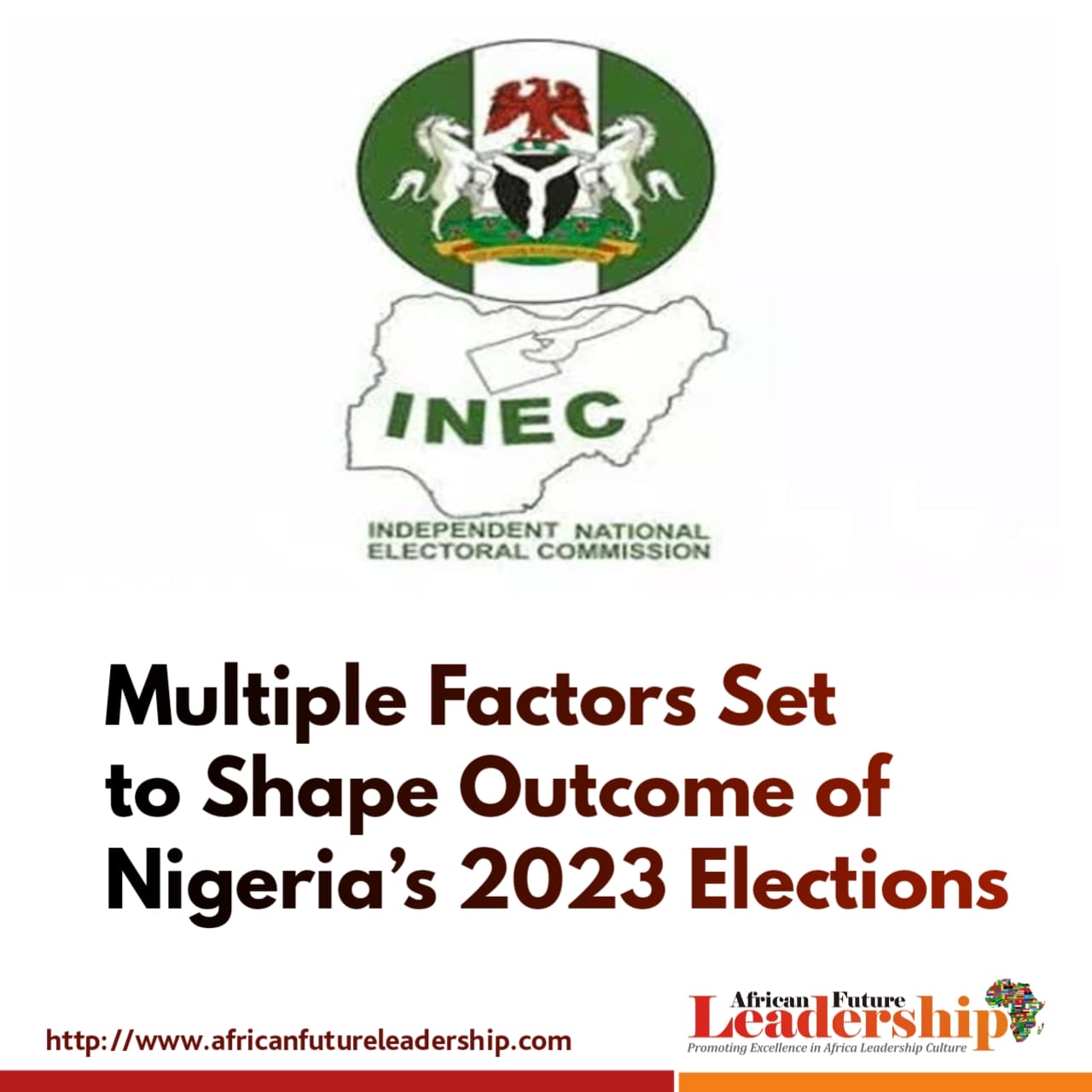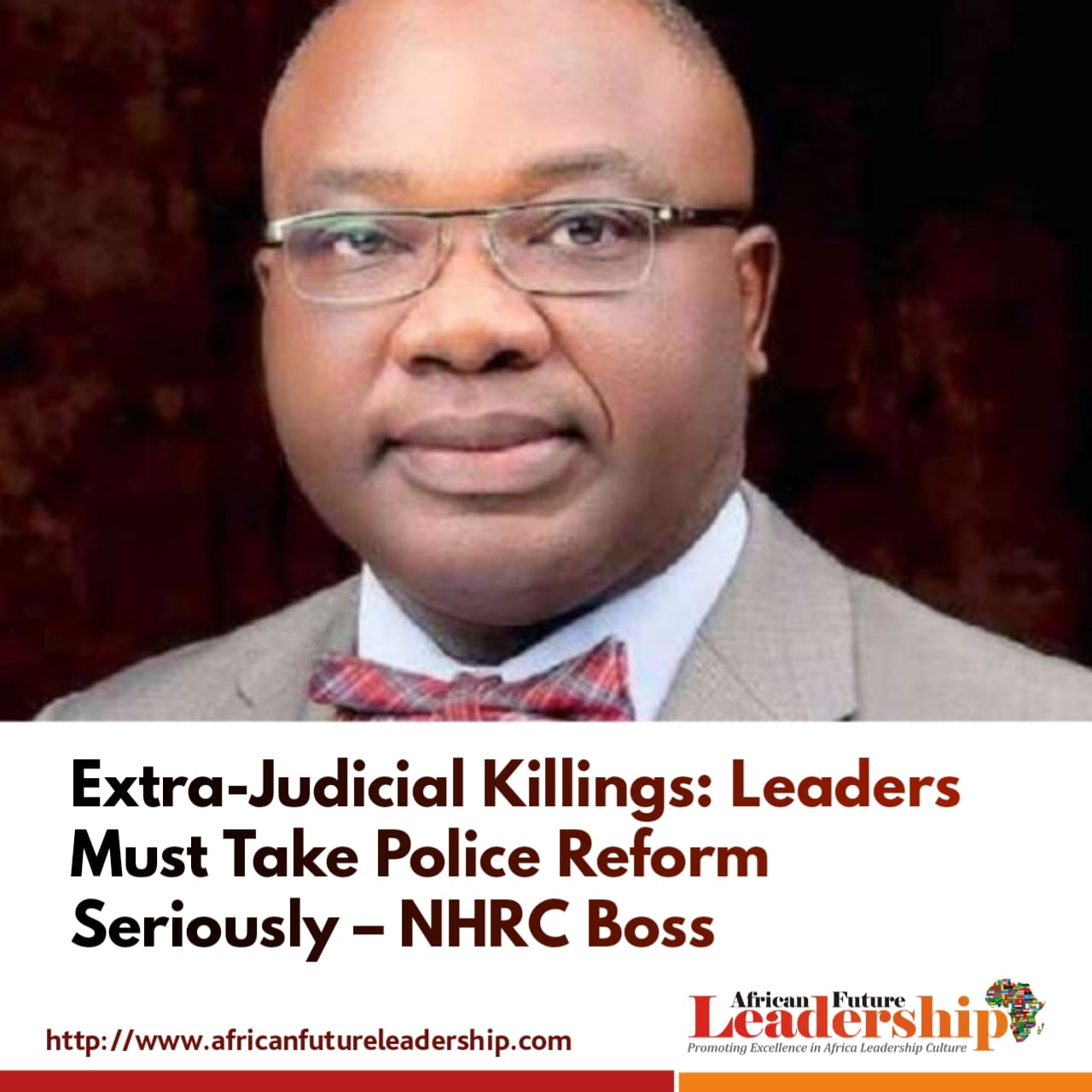Editorial Report
Clearly, with many issues unresolved, it is safe to say that the political fate of Africa’s most populous country, Nigeria, and the largest economy continues to hang in the balance.
However, the surging interest among young people in participating in the election is another important factor that will be difficult to ignore.
Talking matter of factly, in the recently concluded voters registration exercise, 9,518,188 new voters were registered. In terms of demographic distribution, this comprises 7.2 million new voters, 76.5% of who are young people between the ages of 18 and 34 years, according to figures from INEC. 40% of this number are said to be students. The implication of improved turnout and the combined force of youthful newly registered voters may be the game changer in the forthcoming elections.
READ MORE: Ugandan Bishop Condemns Minors Recruitment for Rebel Activity
And of course less than sixty days to the forthcoming elections, a climate of uncertainty seems to be hanging over Nigeria, Africa’s most populous black nation.
The political arithmetic remains complex, as the three major political parties, the All Progressives Congress, The People’s Democratic Party and Labour Party, engage in the final days of the campaign and supremacy battle.
Interestingly, pollsters and pundits are divided on what the likely outcome of the presidential election will be.
Undoubtedly, Nigeria’s ruling party remains unpopular after many years of decay and misrule under President Muhammadu Buhari. The country’s economy is in tatters; citizens live in constant fear due to rising terrorism and insecurity. Unemployment and poverty figures are soaring daily, while the exchange rate remains unstable, leading to ballooning fuel and food inflation. A few infrastructural projects that were commenced are yet to be completed. The polity remains sharply divided along ethnic and religious lines.
And seemingly tired, in fact, befuddled, Buhari does not appear jeen on his party’s choice
Thus, the political elite remains fragmented about the right way forward for the country as its members coalesce around different political parties. The current leadership appears helpless and hapless amid rising citizen discontent due to a myriad of failed promises.
Rather unabashedly, President Buhari seems overwhelmed and tired after he could not precisely pull off his much-touted succession plan. At the thick of the battle for nominations for his party’s presidential flag bearer, the President’s indecisiveness might have contributed to the mismanagement of the endeavour. He could not publicly name a successor, which paved the way for influential elements within the party to hijack the machinery and impose Bola Ahmed Tinubu through a heavily monetised and dollar-denominated convention.
Quite obviously, neither President Buhari nor the party Chairman, Abdullahi Adamu, hid the fact that they preferred other candidates. The President and his ministers hardly follow their party’s candidate on campaigns across the country. Also, many of the President’s supporters in his home state, Katsina, including his former appointees, are leaving the party in droves to support Atiku Abubakar, the leading opposition candidate who, like Buhari, is from the Fulani ethnic leaning.
Surprisingly, despite their misgivings, some governors continue to tag along.
Insidiously, some of the governors, especially from the North, remain visible in the presidential campaigns of the All Progressives Congress candidate, Mr. Bola AhmedTinubu, suggesting their support for him. However, many remain disappointed that they were not chosen as his running mate, despite their support for his emergence. Nasir El-Rufai of Kaduna State and Badaru Abubakar of Jigawa State were some of those who mobilised support for Bola Tinubu to emerge as the presidential candidate of their party, while lobbying to be named as his running mate. But after a lot of intrigues and horse trading, Mr. Tinubu named a relatively unpopular but longstanding friend and loyalist, Kashim Shetima. Despite their misgivings and threats to sabotage him, the APC governors have do far preferred to support their presidential candidate as their own way of maintaining support in their various states and delivering their nominees contesting for various positions under the party.
And quite unsurprisingly, repeated polls about voters’ preference indicate that if a free and fair election is conducted, Mr. Tinubu will be defeated across the country. The details reveal that he may not be able to inherit the support base of President Buhari across the north. Furthermore, it is evident that many young people across the country appear tired of older politicians and are determined to break the historical barriers and cut through the traditional voting patterns.
In recent times, the APC presidential candidate has been said to have frail health and carries multiple baggage.
That is, the APC candidate appears to be carrying so much baggage. His health remains frail, his history is said to be contentious, and there are allegations that he might have been indicted for a drug trafficking offence, back in the days, in the United States of America. Despite being the governor and later godfather of Lagos politics, he does not appear to enjoy widespread support within his zone. Prominent and well-respected social-cultural groups have dissociated themselves from him and endorsed one of the leaders of the opposition and the former Governor of Anambra State, Peter Obi.
READ MORE: A 15-metric Ton Meteorite Crashes in Africa, 2 New Minerals Found
Moreover, the lukewarm nature of Buhari’s support and the fact that he is not on the ballot have been unhelpful to the APC. To shore up his support in the northern part of the country, the APC presidential candidate chose a Muslim running mate. In a country where religion remains a very contentious issue, that choice has only ended up to pitch him against Christians across the country, further eroding his popularity. Despite this choice, there are indications that what he expected to gain through leveraging his religious affiliation may be complicated because one of his major opponents in the contest is Mr. Atiku Abubakar, a Northern Muslim.
For sure, the North remains the most significant support base of the ruling APC. However, the emergence of Mr. Atiku woul d likely alter the permutations, as he is likely to benefit substantially from those votes.
How be it, so much remain to be seen in the countdown to the country’s epochal presidential elections come 25th February, 2023.




